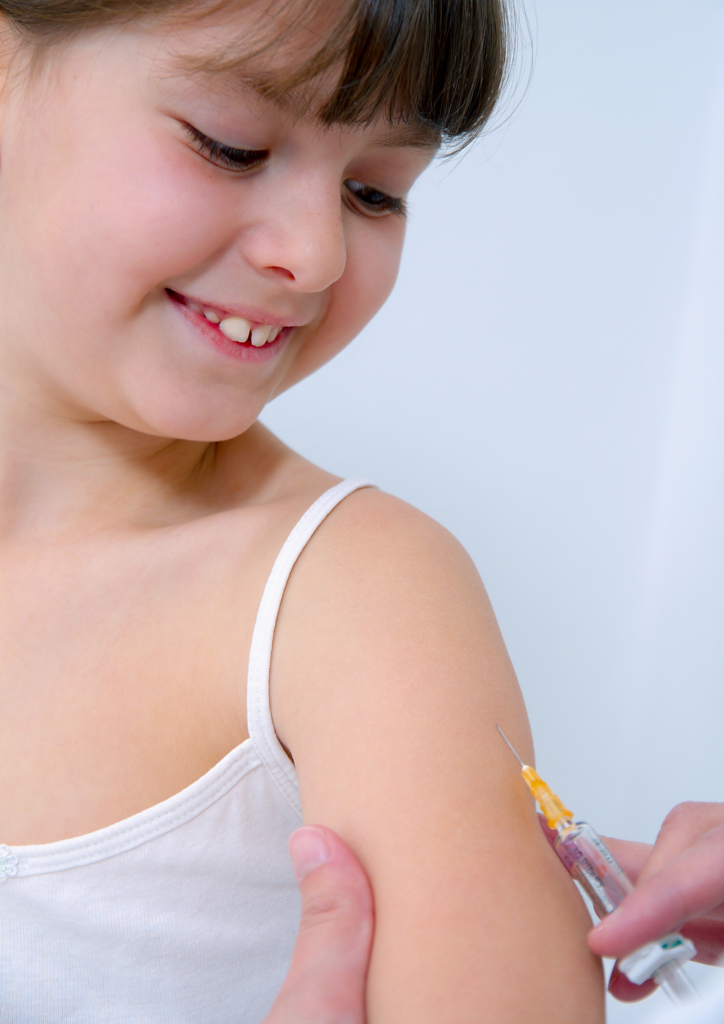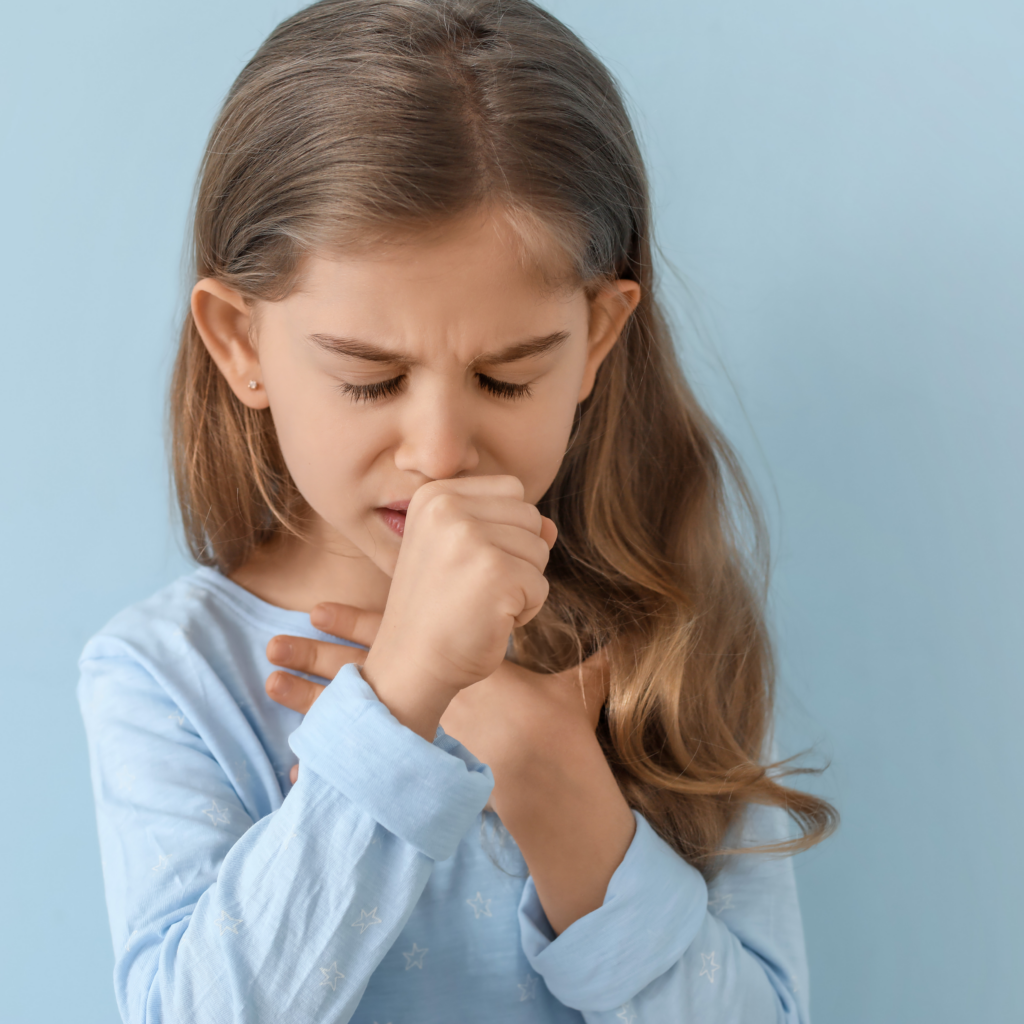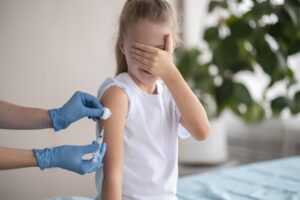Whooping cough
What is whooping cough?
Whooping cough (pertussis) is a Highly contagious disease of the respiratory tract and is caused in most cases by the bacterium Bordetella pertussis.
- Whooping cough is contracted by patients at the Coughing, sneezing or via the air we breathe (droplet infection) widespread.
- often begins inconspicuously with Runny nose and dry cough,
- especially during the first two weeks of the illness highly contagious.
- After 1-2 weeks: typical clinical picture with barking, paroxysmal and spasmodic coughing fits, sometimes to the point of vomiting, especially at night.
Why is whooping cough so dangerous?
Infants and young children are particularly vulnerable to particularly severe courses of the disease with accompanying Pneumonia and the increased risk of respiratory arrest jeopardised.
Through 30 - 40 severe coughing fits per day it can lead to:
- Pulmonary hyperinflation,
- Haemorrhages of the conjunctiva of the eyes,
- purulent bronchitis, otitis media, pneumonia and/or asthma.
Coughing attacks are Particularly dangerous for infants: Instead of coughing, babies can Respiratory arrest which can be fatal.
Vaccination is the best protection!
Vaccination and regular preventive immunisations offer the best protection for whooping cough disease.
The vaccination is FREE OF CHARGE
- as part of the 6-fold vaccination in the 3rd, 5th and 11th-12th month of life and
- as part of the 4-fold vaccination in the 7th to 9th year of life.
Afterwards Booster vaccinations every 10 years up to the age of 60; thereafter every 5 years.
Vaccination is particularly important during the Pregnancy to protect the child in the first months of life.
Frequent misconceptions about vaccinations
Frequent misconceptions about vaccinations

A few vaccines contain attenuated, still-living pathogens that cause disease-like symptoms, but cannot develop a full-blown disease.
- Rather, the severe course of an infection is only prevented by the vaccination!
That vaccinations with aluminium lead to autism is definitely wrong.
- The accusation is based on a study that was published many years ago due to was withdrawn due to gross errors and unethical research methods and was very often refuted.
Federal Ministry. (2024, February 9). Recommendations and frequently asked questions (FAQ). https://tinyurl.com/26qksvpw
University Hospital RWTH Aacher. (2019, August 2). Right or wrong? - #Impfen [Video].
Federal Ministry. (2020, July 17). Whooping cough (pertussis). Retrieved on 24.06.2024 from https://www.sozialministerium.at/Themen/Gesundheit/Uebertragbare-Krankheiten/Infektionskrankheiten-A-Z/Keuchhusten-(Pertussis).html
Images and graphics partly created with Canva Pro.
© Canva / own design.



